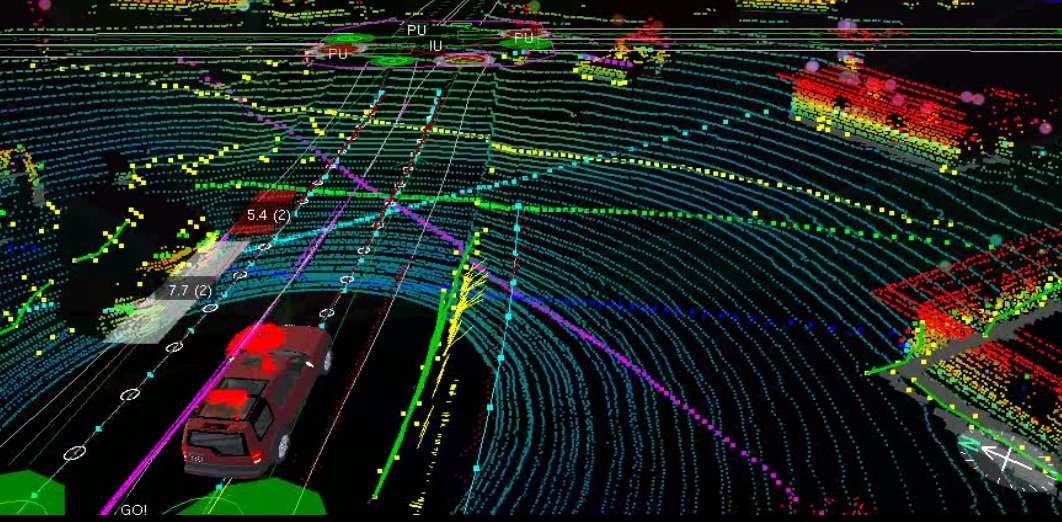Re: Robots are replacing humans
Great points, while you do have efficiency increases you end up with some amount of surplus in labor, take the postal employees for example you can not retrain all of them for robotic maintenance so the excess get pushed into the pool of unskilled labor or subsidized by the government at a loss, a win for business but a net negative for the economy.
Having spent some time in Yale New Haven hospitals in the last year I had occasion to walk the floor late at night with a bad reaction to some medication and noted that they were at least 50% over staffed and employees were surfing the internet, reading books openly just killing time. This is one way the excess labor is managed as a kind employed welfare.
The big joke I think is that a service economy is generally a third world economy, try going through customs in Egypt It took hours to get through with dozens of government agents and without the government they likely would not have a job or one that payed as well. Our waiter at the hotel had a degree in engineering but the degree was useless in Egypt so was forced to do service work.
A service economy is a poor economy, if you are farming, mining, manufacturing you are producing wealth, if you are sitting around cutting each others hair or doing each others taxes you are dithering around and going nowhere.
The bottle problem - Just use an RFID tag
Care to dance?
Originally posted by flintlock
View Post
Having spent some time in Yale New Haven hospitals in the last year I had occasion to walk the floor late at night with a bad reaction to some medication and noted that they were at least 50% over staffed and employees were surfing the internet, reading books openly just killing time. This is one way the excess labor is managed as a kind employed welfare.
The big joke I think is that a service economy is generally a third world economy, try going through customs in Egypt It took hours to get through with dozens of government agents and without the government they likely would not have a job or one that payed as well. Our waiter at the hotel had a degree in engineering but the degree was useless in Egypt so was forced to do service work.
A service economy is a poor economy, if you are farming, mining, manufacturing you are producing wealth, if you are sitting around cutting each others hair or doing each others taxes you are dithering around and going nowhere.
The bottle problem - Just use an RFID tag
Care to dance?








Comment